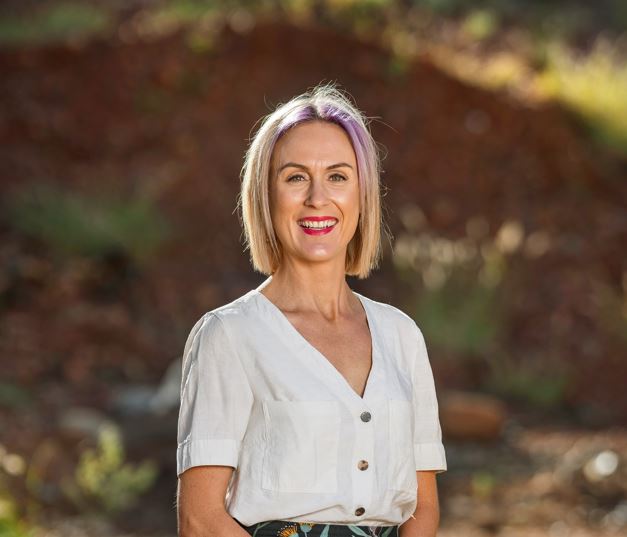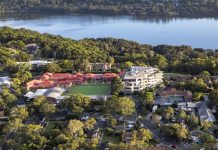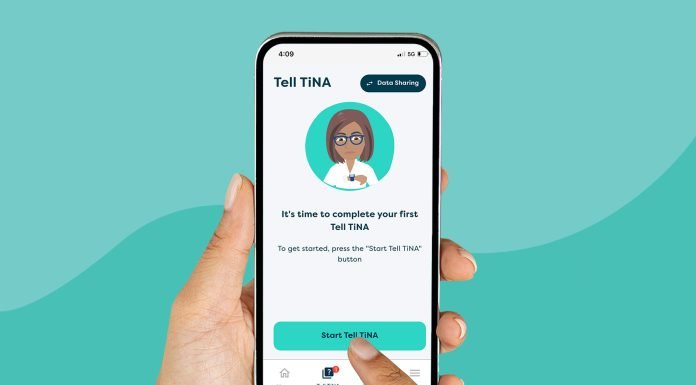
Effective targeting of diabetes and metabolic syndrome in Australian Indigenous people requires remission strategies co-designed by Indigenous communities, according to a team of Flinders University researchers.
An article published in Nature Medicine journal identifies a project in South Australia’s Coorong region being led by Flinders University that takes a fresh approach by involving Ngarrindjeri leaders with clinicians trained in Eurocentric-based medicine to help tackle diabetes remission within its local community.
Diabetes contributes to 11% of all deaths in Australia, costing the healthcare system $2.5 billion each year, and Australian Indigenous communities are disproportionately affected. Their prevalence rates are three times greater, hospitalisation rates four times higher, and death due to complications five times more likely than in non-Indigenous Australians.
“Rates of diabetes in Australian Indigenous communities are rising, which suggests that current approaches for detection, care and management are failing. This leaves many Australian Indigenous communities feeling that a diagnosis of diabetes or metabolic syndrome is an unavoidable death sentence, creating a ripple effect beyond the individual, affecting the whole family and community,” said Associate Professor Courtney Ryder, from Flinders University’s College of Medicine and Public Health.
“A low-carbohydrate ketogenic eating plan appears similar to that of pre-colonisation eating patterns for Australian Indigenous people, so the uptake and maintenance of a ketogenic diet align with Indigenous knowledge,” said Ryder.
“The project aims to explore how Australian Indigenous peoples are advantaged by adopting a ketogenic diet. It is the first co-designed targeted and scalable diabetes remission program for Indigenous peoples on Ngarrindjeri country,” Ryder added.
The project emerged from intensive engagement during COVID-19 outbreaks when clinicians trained in Eurocentric-based medicine and the Ngarrindjeri community recognised that diabetes and metabolic syndrome levels in the community were a critical, ongoing vulnerability.
Ngarrindjeri leaders called for a community-designed program centring on cultural determinants of health to produce longevity for their people, connecting Ngarrindjeri knowledge holders and Indigenous Australian researchers to clinicians and health professionals with Eurocentric knowledge and research methods.
The researchers have emphasised that effective targeting of diabetes and metabolic syndrome in Indigenous communities requires co-designed remission strategies that centralise Indigenous knowledge and methodologies, which have passed through generations and continue to evolve.









